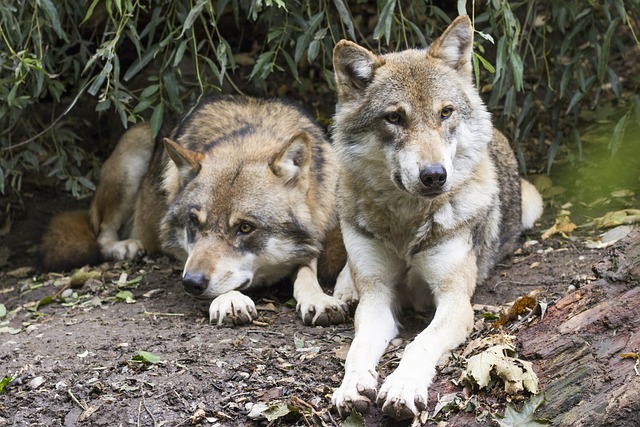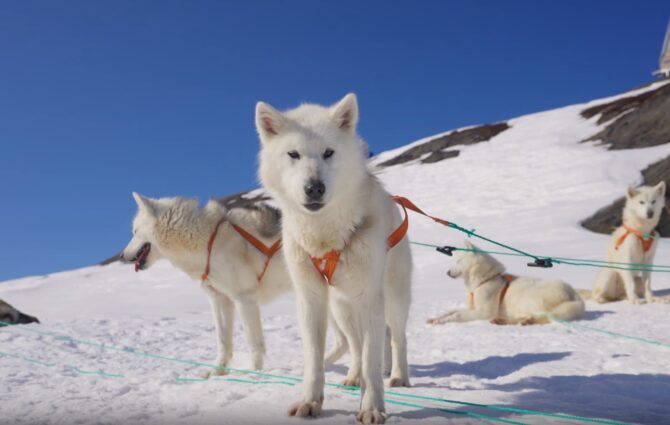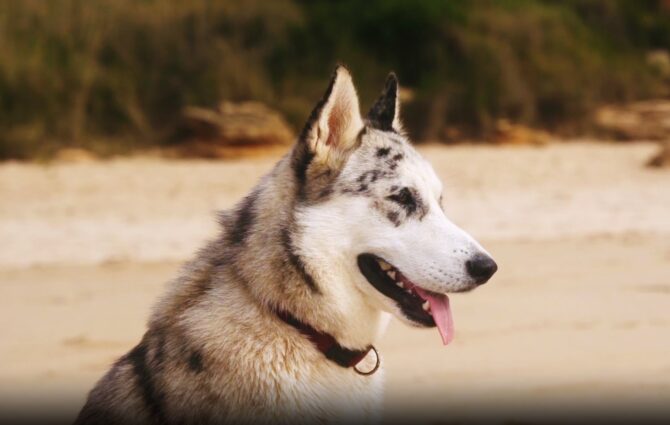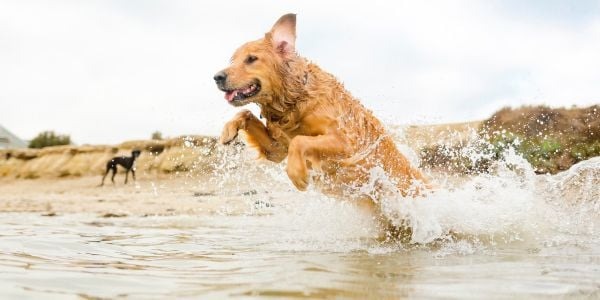Siberian Huskies and wolves share similar traits and share a common ancestry, leading to widespread misconceptions about their connection. As an owner of two huskies, people often ask me about their genetics and whether they are related to wolves. That’s why I want to dispel the myth and share my knowledge about these two species and what their similarities and differences are.
No, a Husky is not a wolf. They are distinct species with shared ancestry but have significant differences in behavior and physical characteristics.
While both share a common ancestor, Huskies are domesticated dogs bred for specific traits, unlike wolves.
Wolf Vs Siberian Husky
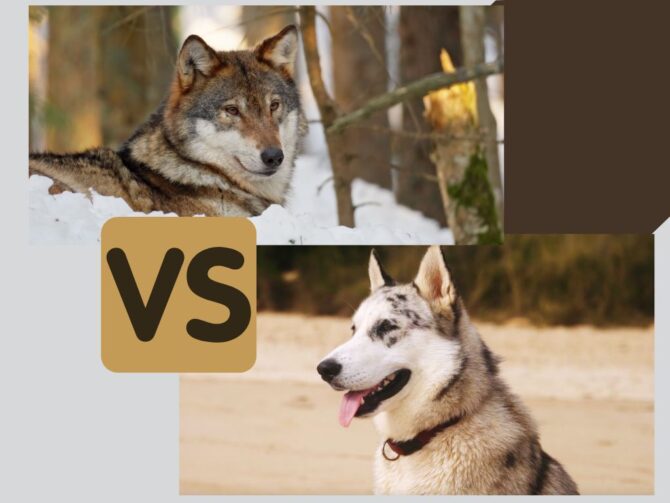
The Siberian Husky is known for its brilliant stamina and willingness to work. And their originals are from the northeastern part of Siberia. On the other hand, wolves, belonging to the species Canis lupus, are native to various regions across the globe. They live in different habitats from the tundra to woods, proving their adaptability as apex predators.
Despite their visual similarities that often lead to confusion, Huskies and wolves have distinct differences, rooted in thousands of years of evolution and domestication. A common misconception is that Huskies are either direct descendants of or subspecies of wolves. While they do share a common ancestor, Huskies are fully domesticated dogs with behavioral and physical traits that have been shaped by humans for thousands of years, for specific purposes.
Wolves are wild animals that do not have the tameness and obedience of dogs. Although there are some examples of wolf domestication, it is not typical for this species.
Physical Characteristics
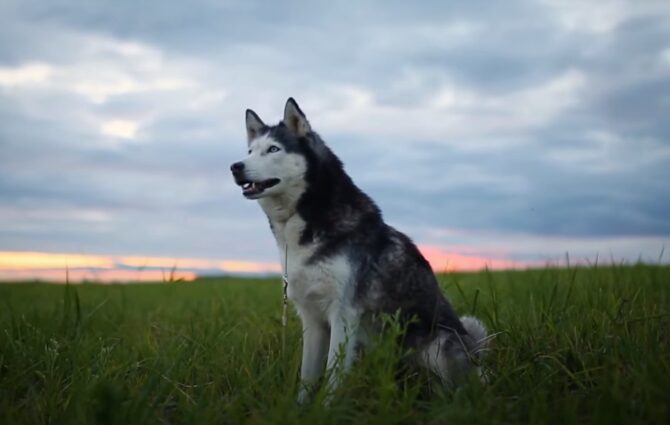
The domestication of the Siberian Husky and the enduring wild nature of wolves represent two distinct paths stemming from a common ancestor, highlighting the profound impact of human intervention and natural selection on the canine world.
Husky Domestication
The history of the Siberian Husky begins with the indigenous Chukchi people of Siberia, who selectively bred these dogs for their ability to pull sleds over long distances in extreme cold with minimal food. This process of domestication focused on traits such as endurance, strength, resilience to cold, and a cooperative spirit. Unlike the broader process of dog domestication, which began thousands of years ago from wolf ancestors, selective breeding for specific roles occurred relatively recently, within the last few thousand years.
Wolves Wild Nature
Wolves, on the other hand, have remained largely untouched by the domestication process. As apex predators, they have evolved over millions of years to thrive in diverse ecosystems around the world, from dense forests to arctic tundra. Their social structures, hunting strategies, and behaviors are finely tuned to their role in the natural world, ensuring their survival and ecological balance.
They have not been selectively bred by humans to enhance or suppress specific traits; instead, their evolution has been driven by natural selection, resulting in a species that is highly adapted to a wild existence. The differences between them and domesticated dogs like Huskies highlight the impact of domestication on canine evolution, demonstrating how human preferences and needs can significantly alter an animal’s physical and behavioral characteristics.
Fun Fact: Siberian Huskies can maintain a trot for hours, a trait that has been selectively bred for efficiency over long-distance sled pulling.
What Are the Legal and Ethical Considerations?
The legal and ethical considerations of owning Siberian Huskies, wolves, or wolf-dog hybrids are complex. There are many concerns including animal welfare, public safety, and the preservation of wildlife.
Legal Status
- Siberian Huskies are legal to own in most countries. However, some owners should be aware of local laws regarding license requirements, leash laws, and noise regulations. Some countries may have restrictions on specific breeds.
- The legal status of owning a wolf or wolf-dog hybrid varies by country, state, and even city. Most countries ban the ownership of these animals due to their potential danger to humans and the difficulty of providing an appropriate environment for wild animals. Owning a wild animal often requires special permits, secure enclosures, and appropriate living conditions that are specifically designed for that wild animal.
Ethical Considerations
- The ethical implications of keeping Huskies, and wolves, concentrate on the animals’ welfare and the potential impact on the environment and local communities. Huskies, while domesticated, have specific needs that must be met, including exercise, socialization, and mental stimulation.
- For wolf and wolf-dog hybrids, ethical concerns are even more evident. These animals are used to wild nature, making it challenging to meet their needs in a domestic environment. They need a lot of space to move around and freedom in which they can express their social interactions. There are concerns about the safety risks they pose to humans and other pets, as well as the potential for contributing to genetic dilution.
Fun Fact: A wolf’s howl is a powerful form of communication that can be heard over areas as vast as 50 square miles in open terrain.
FAQs
